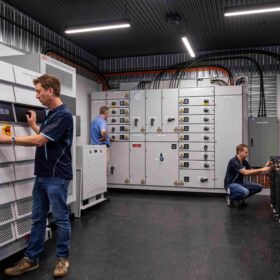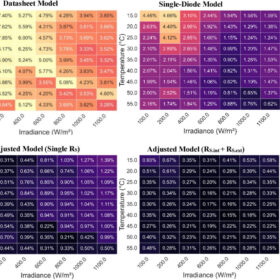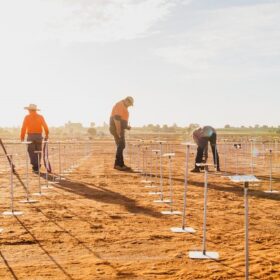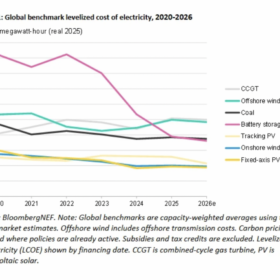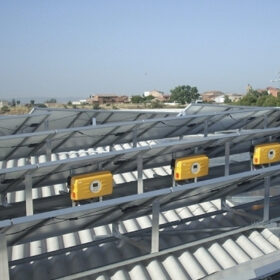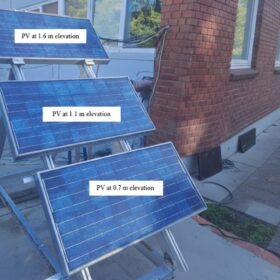Scientists build near-white HJT solar cell for BIPV applications
The lab-scale, near-white heterojunction solar cell uses nanoclay-based scattering layers combined with dielectric multilayer films to preserve power conversion efficiency while enhancing visual appeal. The researchers report optical losses of less than 1% at a 50% clay volume fraction, which are significantly lower than those observed with textured glass.
Printed solar manufacturer lands $2.15 million grant
Kardinia Energy has received a federal grant worth $2.15 million to help scale production of its Newcastle-based printed solar technology.
CSIRO launches $3 million upgrade to renewable energy research lab
Australia’s national science agency has launched a major revamp of its renewable energy research facility in Newcastle to provide new capacity for researchers and industry to test how technologies such as solar, wind, batteries and electric vehicles can integrate reliably into the grid.
Fox ESS releases hybrid inverters for commercial PV
The inverters offer up to 99.2% efficiency, 200% PV oversizing, dual battery inputs, IP65 protection, and support for installations up to 144 kWh of storage capacity.
New single-diode model tackles recombination losses in solar cells
UNSW researchers have developed an intrinsic-adjusted single-diode model that explicitly accounts for radiative and Auger recombination, improving I–V curve accuracy and reducing root mean square error by up to a factor of three. The model is claimed to better predict performance near open-circuit voltage and maximum power point.
ASE plans PEG mounting system for 400 MW solar farm
Australian Solar Enterprises has submitted plans for a new large-scale solar and battery project in Queensland for federal environmental approval, saying the 400 MW solar farm will utilise a ground-mounted racking system that eliminates the need for concrete foundations and permanent footings.
Solar LCOE to fall 30% by 2035, says BloombergNEF
Analysis from BloombergNEF finds the levelised cost of electricity (LCOE) of a typical fixed-axis solar farm increased by 6% year-on-year in 2025 to stand at $55/MWh, but innovation and competition are expected to see costs fall by 30% through to 2035.
New method offers low-cost solution for improving PV system performance
An Australian research team has developed a five-step, rule-based method that detects and classifies underperformance in PV systems using only AC-side inverter data. Validated across more than 1,000 systems, the approach offers a low-cost, low-intervention solution for improving reliability, fault response, and PV system performance.
The effects of solar module elevation on ground-mounted solar
Scientists in Hungary found that ground-mounted solar modules at an intermediate elevation of 1.1 metres achieve the highest efficiency and power output due to improved airflow and reduced cell temperature.
Researchers harvest energy using piezo-active nylon
RMIT University researchers have opened the door of possibility for self-powered sensors on roads and other electronic devices by generating piezoelectricity using a flexible nylon-film device.


